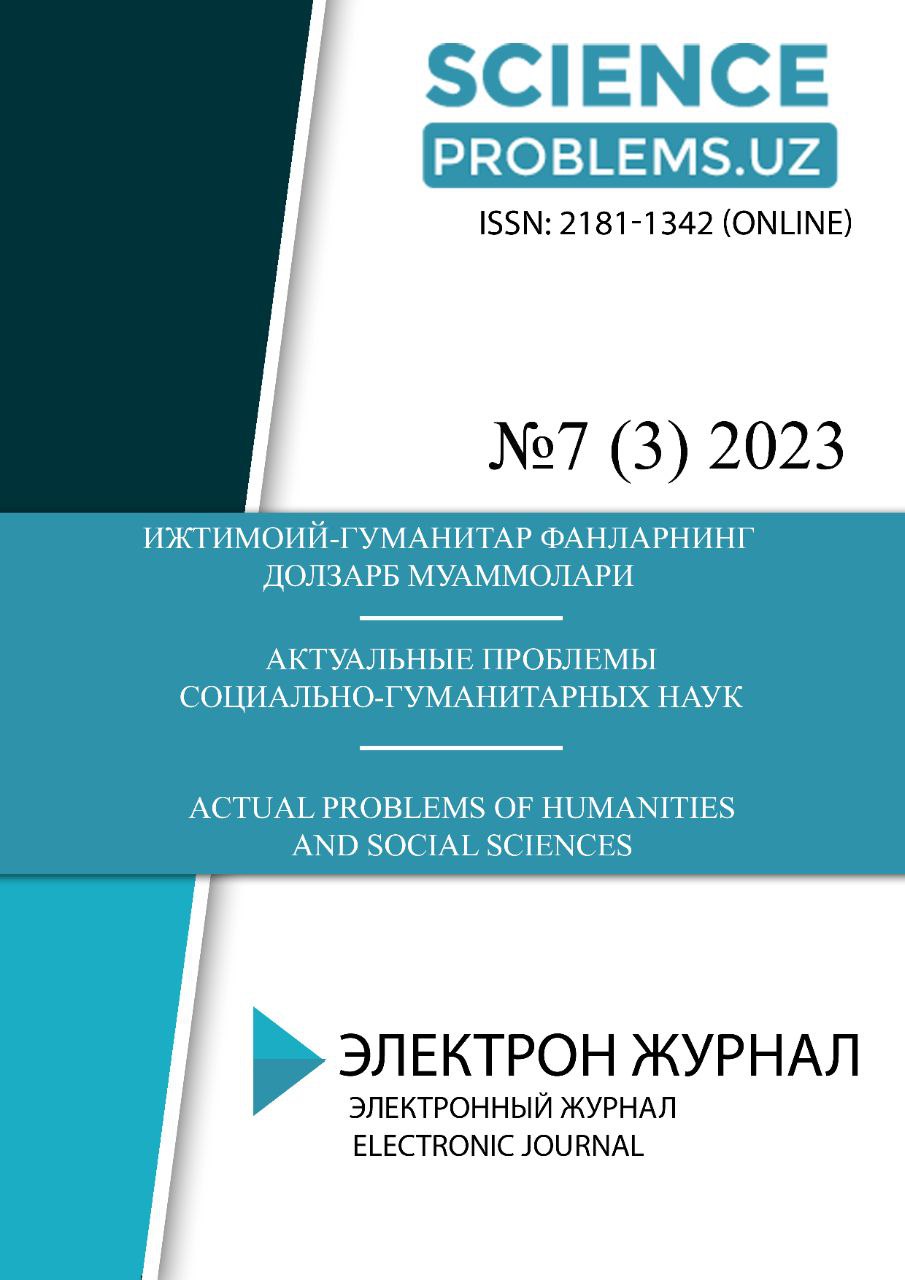ИЗМЕНЕНИЯ НА РЫНКЕ ТРУДА В РЕЗУЛЬТАТЕ ВНЕДРЕНИЯ ИСКУССТВЕННОГО ИНТЕЛЛЕКТА
DOI:
https://doi.org/10.47390/SCP1342V3I7Y2023N14Ключевые слова:
искусственный интеллект, рынок труда, эффект производительности труда, эффект замещения рабочих мест, эффект создания рабочих мест.Аннотация
В данной статье рассматриваются изменения на рынке труда сегодня и в ближайшем будущем с точки зрения влияния искусственного интеллекта. Основное внимание уделяется влиянию искусственного интеллекта на возможности трудоустройства, заработную плату и производительность, которые являются важными элементами рынка труда. В статье автор рассматривает три аспекта влияния искусственного интеллекта и автоматизации на рынок труда. Во-первых, будет изучен эффект замены работы искусственным интеллектом, то есть изменения в рабочем процессе, связанные с использованием машин, заменяющих человеческий труд.
Библиографические ссылки
C. B. Frey and M. A. Osborne, “(e future of employment: how susceptible are jobs to computerisation?” Technological Forecasting and Social Change, vol. 114, pp. 254–280, 2017.
Susskind, “A model of technological unemployment,” Economics Series Working Papers, vol. 819, 2017.
D. Acemoglu and P. Restrepo, “Secular stagnation? (e effect of aging on economic growth in the age of automation,” 'e American Economic Review, vol. 107, no. 5, pp. 174–179, 2017.
D. E. Bloom, M. McKenna, and K. Prettner, “Demography, Unemployment, Automation, and Digitalization: Implications for the Creation of (Decent) Jobs, 2010–2030 (No. w24835),” National Bureau of Economic Research, https://doi. org/10.1093/oxrep/grq038, 2018.
D. Acemoglu and P. Restrepo, “Low-skill and high-skill automation”. Journal of Human Capital, vol. 12, no. 2, pp. 204–232, 2018.
Гогитидзе, К. Искусственный интеллект – угроза или помощник для человече-ства? // http://www.bbc. com/russian/features-38931070.
T. Kudryavtseva, A. Skhvediani, V. Arteeva. Theoretical Analysis on the Effect of Digitalization on the Labor Market. Conference Paper · September 2019. DOI: 10.34190/KM.19.110
K. B. Clark and R. B. Freeman, “How Elastic Is the Demand for Labor? (No. W0309),” National Bureau of Economic Research, vol. LXII, no. 2, pp. 509–520, 1979.
Абдурахманов К.Х. Искуственный интеллект – основа устойчивого развития экономике. – Москва: ФГБОУ ВО “РЕУ им. Г.В.Плеханова”, 2023, - 356 с.
D. Acemoglu and P. Restrepo, “Secular stagnation? (e effect of aging on economic growth in the age of automation,” 'e American Economic Review, vol. 107, no. 5, pp. 174–179, 2017.
Абдурахманов К.Х. Компетенции XXI века: научно-технологические, социально-экономические и гуманитарные знания. Биржа. №49(3036) 04.07.2023.
Shotaro T. Is your work ready for a robot? (2017-04-22). [2020-03-18]. https://asia.nikkei.com/Features/AI-now-and-tomorrow /Is your-job-robot-ready? P 2.
Frey C, Osborne M A. The future of employment: The level of accountability for jobs? [J]. Technological forecasting and social change, 2017, 114: 254-280.








